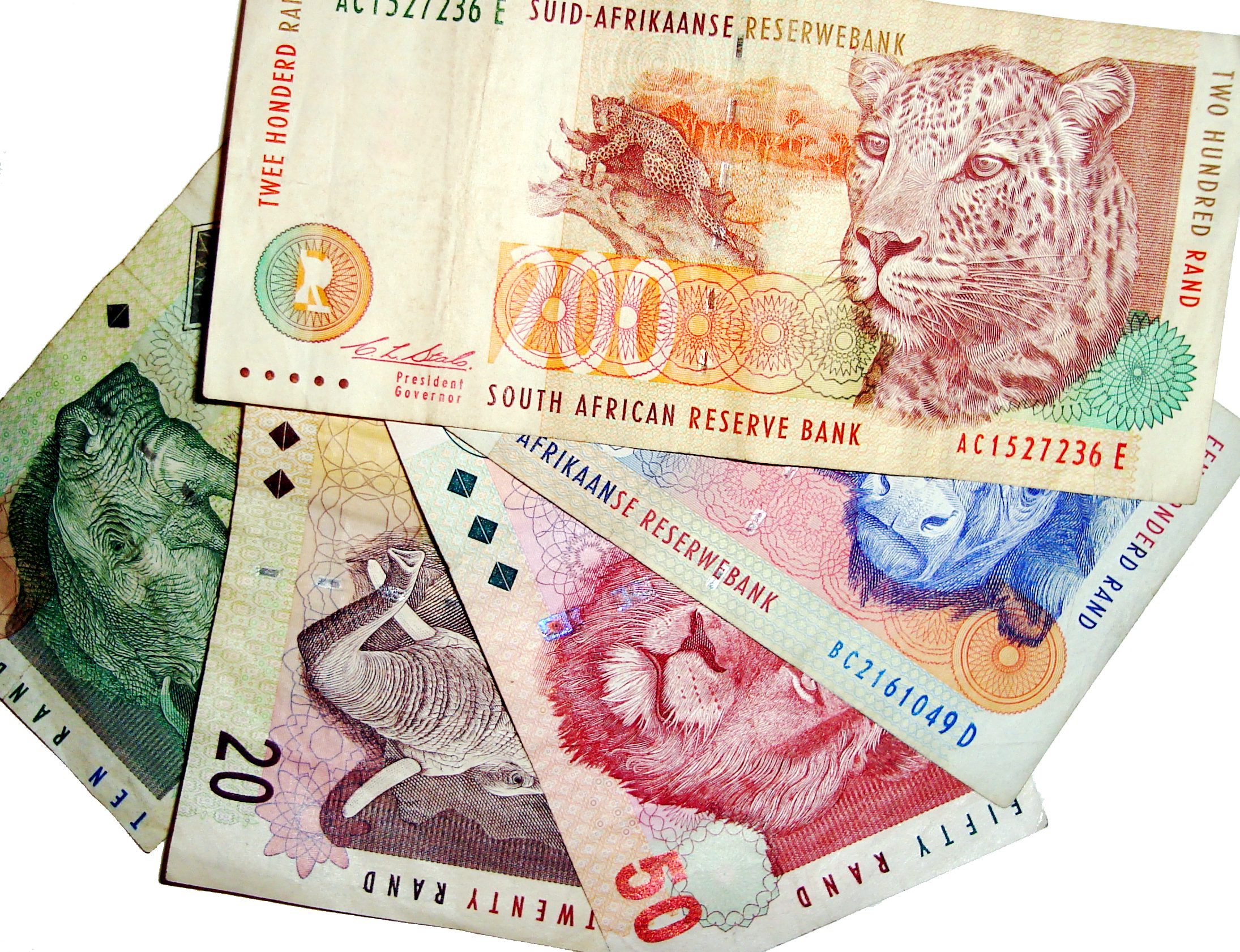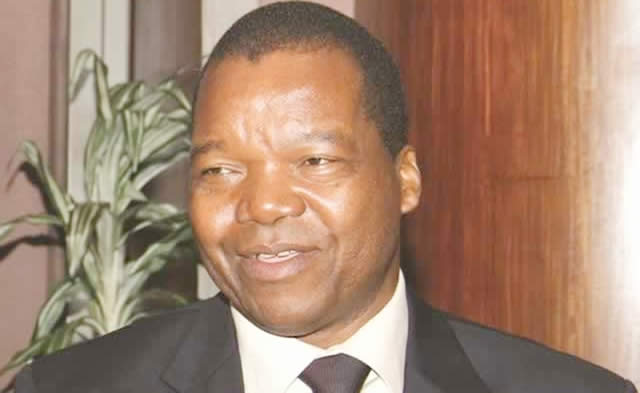Oil prices, falling rand weaken economy

 Business Editor
Business Editor
FLUCTUATING global oil prices and the weakening South African rand against the United States dollar continue to exert pressure on Zimbabwe’s economy with deflation set to remain given the surge in the cost of importing fuel, economic analysts have said.Economic deflation refers to a decrease in the general price of goods and services when the inflation rate falls below zero percent.
While resulting in the increase in real value for money, economists view deflation as a negative economic indicator that results in growth stagnation, increased debt and recession.
Reserve Bank of Zimbabwe Governor Dr John Mangudya on Monday acknowledged the trend as he warned of an increased import bill, which of late hovers around $4 billion against a saddling trade deficit of $1,7 billion.
“The rise in crude oil prices is, however, expected to exert considerable pressure on the country’s fuel import bill, thus worsening the country’s balance of payments position,” he said.
Economic analyst Dr Gatsha Mazithulela said oil was one of the main drivers of inflation globally, especially when economies are going through liquidity problems.
“Oil drives deflation when there is a liquidity crisis and a country struggles to pay for energy or buy petrol. Given the fact that most of our exports go to South Africa through trade in dollars at a time the rand is weakening, South Africans will find our products expensive and that will cause a slow down in our economy resulting in deflation,” said Dr Mazithulela.
He said the country needs to increase economic activity to counter imports and recommended mandatory fuel blending as a quick measure to reduce energy spending.
“Most companies prefer the export market but we need to have more domestic production. Mandatory blending is the way to go towards reducing fuel prices,” said Dr Mazithulela.
“However, this has a limit in that most industries use heavy vehicles which need diesel. On the exchange rates, our hands are tied because the currency is not ours.”
As of yesterday the rand was trading at 10,64 against US one dollar.
POSB acting board chair Israel Ndlovu also said global oil prices had a telling effect on the economy.
“In the medium to long term, deflation direction will continue to be influenced by movements in international oil prices and the United States dollar against the South African rand,” he said in a statement accompanying the bank’s unaudited mid-year financial results.
Crude oil prices rose by four percent from $107.44/barrel in January this year to $111.77/barrel in June 2014 amid geopolitical tensions in the Ukraine and supply disruptions in Libya, Syria, Nigeria, Yemen and Iran.
The surge in oil supplies from North America, however, moderated the firming of oil prices, which according to yesterday’s Wall Street Journal were pegged above $96 per barrel.
Dr Mazithulela said internal devaluation was a better way of reducing commodity prices.
“Instead of raising salaries to cushion consumers from high prices you reduce the prices for commodities in the basket that fuel inflation.”
The RBZ boss has said the country’s economy was intricately connected to what happens in the region and globally.
He said there was a need to stimulate production for economic recovery through pursuing consistent, transparent and predictable economic policy measures.
“We need to increase production of goods and services in this economy in order to increase economic growth, employment, exports, tax revenue, tax base and liquidity,” said Dr Mangudya.
He, however, said political tensions in the Middle East coupled with a slowdown in economic activity in China were expected to pose significant downside risks to recovery prospects in emerging market economies in terms of commodities demand and prices.
“These adverse developments are likely to spill over to commodity producing countries in Sub-Saharan Africa such as Zimbabwe, in the form of reduced export revenues, and deterioration in current account balances,” he added.
The country is battling tight liquidity conditions, company closures, rising formal unemployment, low production levels, non-performing loans, and a disproportionate trade balance.












Comments